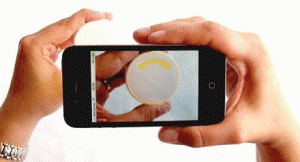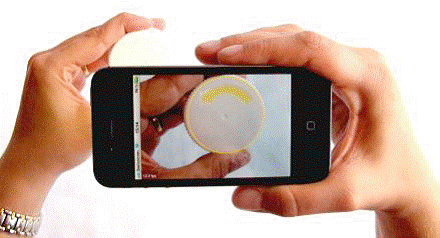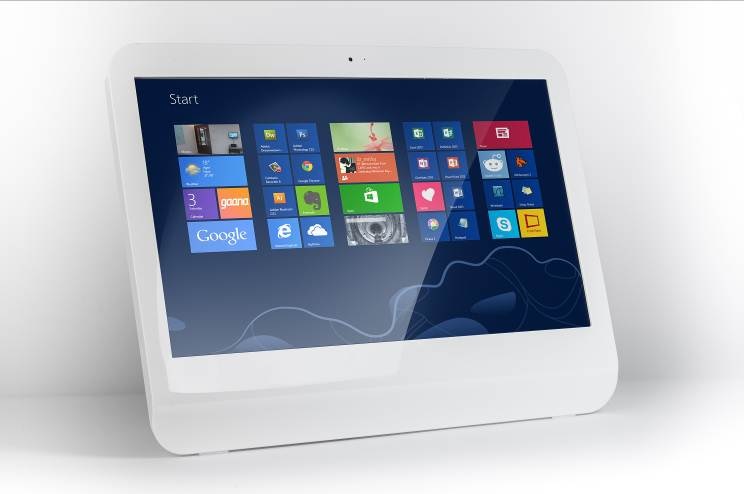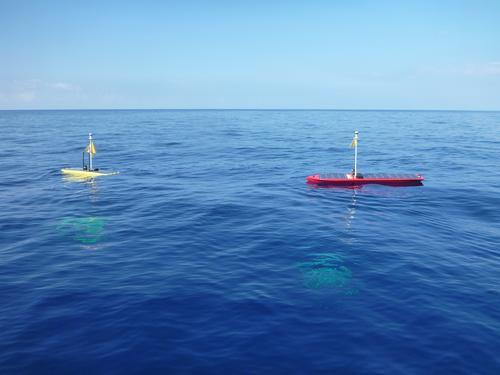
“Fingerprints” specific to a particular mold are now being used to help identify medical device counterfeits.
At the heart of the approach is a patented Fingerprint technology from a Swiss company called AlpVision that enables companies to track and authenticate mass produced products manufactured in a mold with a scanner or an iPhone.
AlpVision (Vevey, Switzerland) and Nolato Medical (Torekov, Sweden) are joining forces to use the technology and advance strategies to protect primary plastic packaging and medical devices from companies attempting to mimic their products with fakes-a crime wave now accounting for $600 billion globally.
The Fingerprint process requires no change to the mold or the molding process. It involves capturing a digital image of the intrinsic microscopic surface irregularities found in a mold, then using that image as a reference to authenticate an entire production of molded parts, such as vials, containers and lids, test tubes and caps. To verify the validity of a product, brand owners use a standard office scanner or iPhone-like device.
“AlpVision’s Fingerprint solution is a welcome addition to our company’s product portfolio, which already consists of a range of tamper-evident caps. The solution can also be used for medical devices which need to be protected against counterfeiting,” said Christer Wahlquist, president of Nolato Medical.
Martin Kutter, president of AlpVision, added: “By combining Nolato Medical’s knowledge with our Fingerprint technology, I strongly believe that we will be able to reduce the penetration of counterfeit pharmaceuticals into the legal supply chain and better safeguard patient safety.”
AlpVision identifies itself as “the world’s leader in digital invisible technologies for product authentication and counterfeit protection”.
Some details of the Fingerprint approach are outlined in a U.S. patent awarded this month.
“Molded materials with a glossy surface are not very good candidates for the unique fingerprint technology because it is necessary to use very high resolution to model the differences between items,” states the patent. “But if the molded material is a plastic and if it contains fiber glass, it becomes a very good candidate for the unique fingerprint technology because the fiber glass induces random patterns. It is possible to resolve details at a quite low resolution.”
Another issue is that if a product like a cap, is produced in a mutli-cavity mold, or in multiple molds, many reference points are required.
One of the inventors listed on the new patent is Frederic Jordan of Les Paccots, Switzerland, CEO an cofounder of AlpVision.
Nolato is a growing global presence in the medical business. Two years ago, it acquired Contour Plastics (Baldwin, WI) at a cost of $22 million. Contour Plastics, which changed its name to Nolato Contour. Nolato also produces plastic parts at plants in Sweden, Hungary and China.
Source : http://www.plasticstoday.com/articles/mold-cavity-fingerprints-nab-device-counterfeiters0523201201









